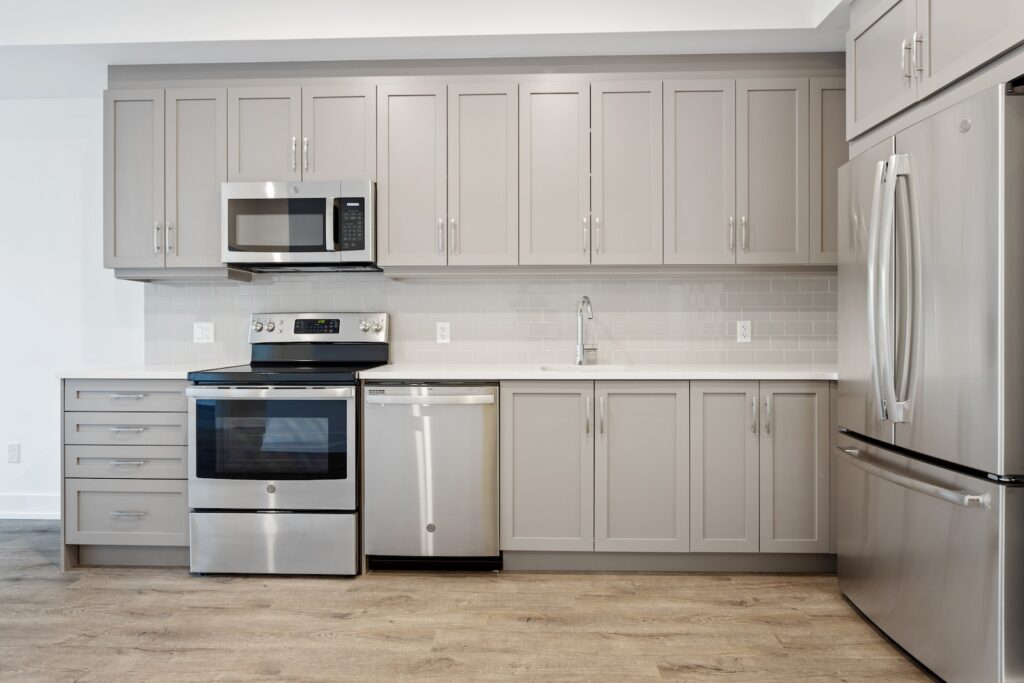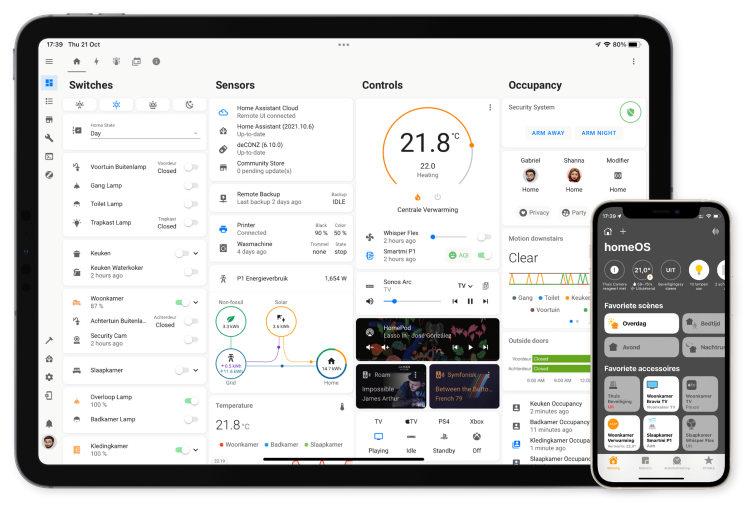Welcome to the era where your refrigerator can text you that you’re out of milk, and your oven can be preheated with a simple voice command. The advent of smart appliances has been nothing short of a revolution, transforming our homes into connected ecosystems that simplify our lives. Here, we delve into what smart appliances offer, what sets them apart, and why they are an essential part of the future home.
Convenience at Its Best
The primary allure of smart appliances is the unparalleled convenience they offer. Picture this: you’re stuck in traffic, but you can still get dinner started by remotely turning on your smart oven through its companion app. Or, your washing machine alerts you when the laundry is done, reducing the time you spend waiting around.
Energy Efficiency
Smart appliances are often designed with energy efficiency in mind. They can be programmed to operate at off-peak hours or to use less power during specific times, reducing your carbon footprint and utility bills. Some appliances even generate reports to help you understand your energy consumption patterns, empowering you to make informed decisions.
Features to Look For
Connectivity
The ability to connect to various devices and platforms is essential. Most smart appliances are compatible with popular smart home ecosystems like Apple’s HomeKit, Google Home, or Amazon’s Alexa, giving you seamless control.
Security
With the convenience of connectivity comes the need for enhanced security. Ensure that the smart appliances you choose have robust encryption and regular security updates.
Interoperability
The real magic happens when smart appliances work in harmony. For example, your smart fridge can send a notification to your smart TV, ensuring you never miss an alert even when you’re engrossed in a Netflix binge.
The Power of AI and IoT
The future of smart home control isn’t just restricted to smartphones, touch screens, or voice control. Advanced sensors that can detect your activities and AI algorithms that learn your preferences are increasingly becoming a part of smart appliances. This combination of Internet of Things (IoT) and AI can autonomously execute tasks, from brewing your morning coffee to adjusting room temperatures as per your comfort.
Some Drawbacks
While smart appliances offer numerous benefits, they are not without their drawbacks. They are generally more expensive than their non-smart counterparts and are dependent on a stable internet connection. Also, as they rely on software, these appliances may require frequent updates or could become obsolete sooner than traditional appliances.
Conclusion
Smart appliances are undeniably changing the way we interact with our homes. From intelligent fridges to self-learning thermostats, the next wave of home appliances is geared towards automation, energy efficiency, and unprecedented convenience. So, whether you’re a tech enthusiast keen on building a smart home or someone looking to simplify day-to-day chores, smart appliances are increasingly becoming less of an option and more of a necessity.
Ready to make the leap into a smarter home? The future is now, and it’s more connected than ever.



